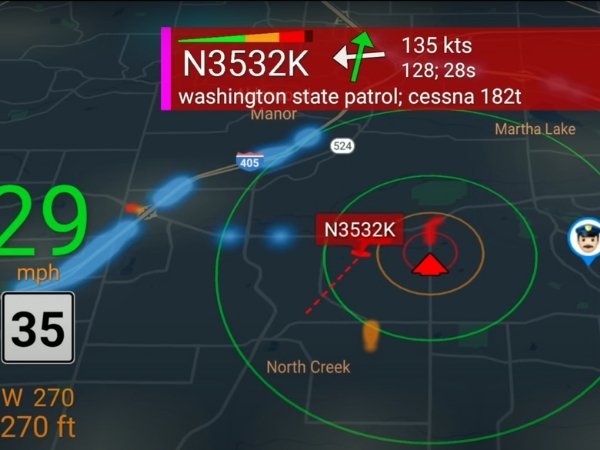Physical Address
304 North Cardinal St.
Dorchester Center, MA 02124
Physical Address
304 North Cardinal St.
Dorchester Center, MA 02124

The Highway Radar app is designed to help drivers navigate roads safely by alerting them to speed traps and potential hazards. This app stands out for its ability to provide real-time information, enabling drivers to make informed decisions to avoid fines and accidents.
The Highway Radar app offers a range of features designed to provide comprehensive assistance to drivers:
The operation of Highway Radar relies on a sophisticated combination of cutting-edge technologies:
Use of Geolocation: The app utilizes geolocation technology to track the user’s position in real time, ensuring that alerts are timely and relevant to the driver’s current location. This allows Highway Radar to provide accurate warnings as the driver approaches a detected hazard or speed trap.
Data Collection and Detection Algorithms: Highway Radar collects data from multiple sources, including public databases and contributions from its user community. This data is then processed by advanced algorithms that detect and anticipate potential road hazards.
Setting up Highway Radar is straightforward, but for the best experience, following a few key steps is essential:
Recommended Settings for Optimal Use: For optimal performance, it is recommended to enable background location access, so the app can track your route continuously without requiring the app to be open. Additionally, setting alert sensitivity to a medium level ensures you receive relevant notifications without being overwhelmed by less critical alerts.
Step-by-Step Guide to Download and Install: To begin, the app can be downloaded from the official app store for your device (Google Play Store for Android or Apple App Store for iOS). Once downloaded, the installation process is guided, requiring only a few taps to complete.
Initial Configuration: After installation, the app will prompt you to allow location access and notifications, both of which are crucial for the app’s functionality. The app will then walk you through basic settings, such as selecting your preferred units (miles or kilometers) and customizing the alert types you want to receive.
When considering Highway Radar, it’s helpful to compare it with other popular apps in the market:
Advantages and Disadvantages: Highway Radar’s primary advantage is its simplicity and precision in providing relevant alerts. However, it may lack some of the broader navigation and social features found in other apps like Waze and Coyote. Additionally, while it is highly effective in certain regions, its performance may vary depending on the availability of local data.
Highway Radar vs. Waze: While Waze is renowned for its large user base and extensive traffic data, Highway Radar is more focused on speed trap detection and real-time hazard alerts. Waze offers a broader range of navigation features, but Highway Radar excels in providing detailed and accurate alerts specifically for speed traps and road hazards.
Highway Radar vs. Coyote: Coyote, like Highway Radar, specializes in speed trap detection but also offers social features that allow users to report hazards. However, Highway Radar’s interface is often considered more user-friendly and straightforward, making it easier to focus on driving rather than navigating through multiple app features.